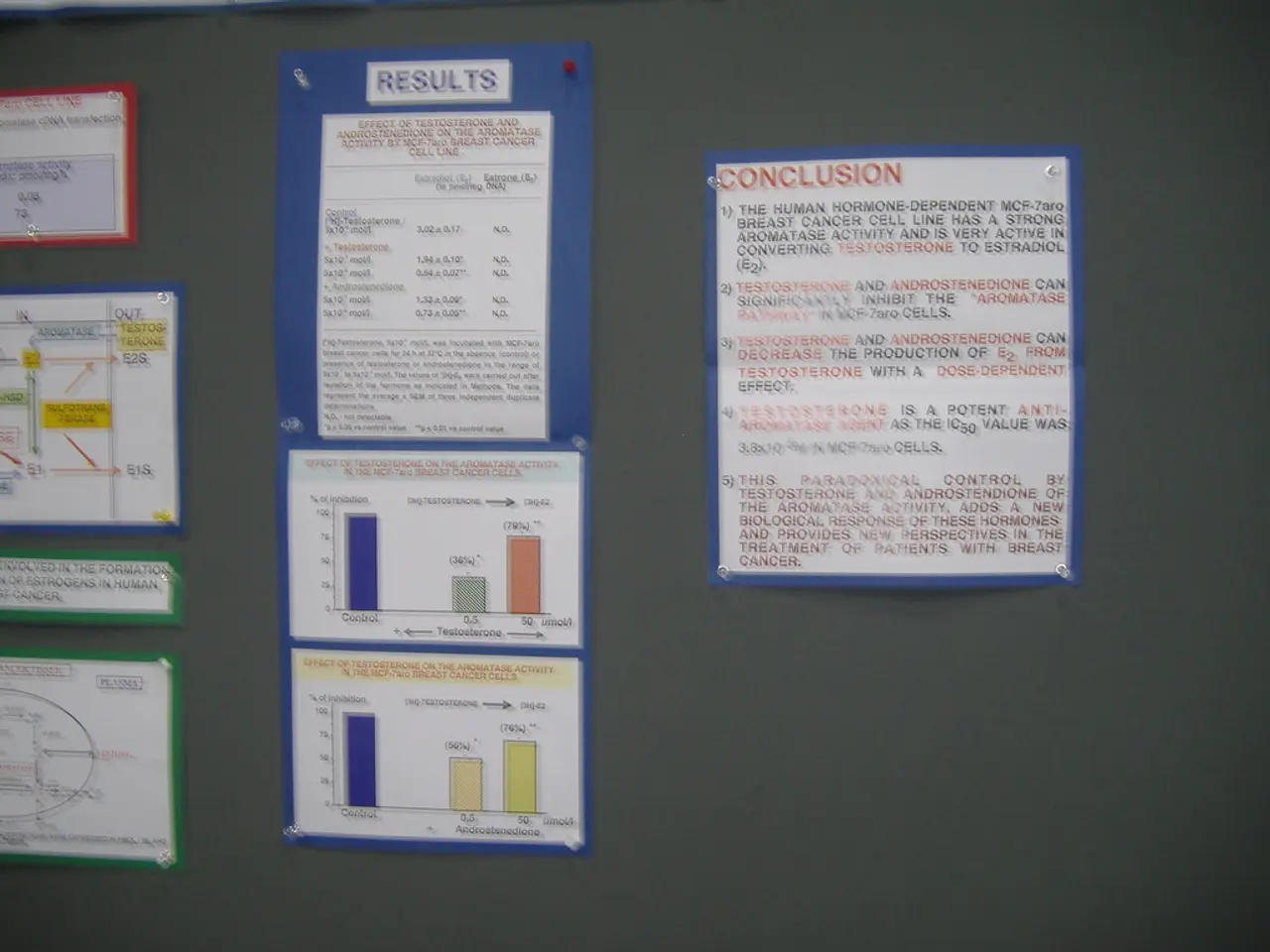Beavers Making a Comeback: The Controversial Return of Beavers Causes Issues for Farmers in Lower Saxony
Beaver's reemergence poses issues for agriculture community - Beaver comeback causes trouble for agricultural communities
The resurgence of beavers in Lower Saxony has been a source of frustration for farmers like Hans-Heinrich Schnehage from Pattensen, south of Hannover. These pesky rodents have resulted in flooded fields, rendering them unfit for farming. The Lower Saxony Farmers' Association is urging for a comprehensive statewide beaver management plan that includes fair compensation for affected farmers.
"Conservation efforts shouldn't sacrifice farming," says Sonja Markgraf, spokesperson for Landvolk Niedersachsen, to dpa. "We're hoping for more progress in terms of beaver management."
According to Christian Meyer, Lower Saxony's Minister for the Environment, a beaver management concept is expected in the second half of 2025. The plan will involve beaver experts operating across the state. "The reemergence of beavers in Lower Saxony is a triumph for species protection," Meyer told dpa. "Beavers contribute to ecological water development, bolster water storage, and create habitats for numerous endangered fish species." Meyer emphasized that the return of beavers has been mostly positive for the water balance (90%). However, the planned beaver concept will address the issues and conflicts as well.
Official estimates put the beaver population in Lower Saxony between 500 to 1,000 animals. The first beaver arrived in the Hannover region in 2005, and flooding of fields and meadows began around 2012. In 2019, there were 229 beaver territories and approximately 430 to 500 individual animals recorded during the last statewide count.
Most beavers in Lower Saxony are found in the Elbtalaue Biosphere Reserve. The rodents have also settled along the Elbe, the Leine, in the Aller-Oker-Drömling area, and in the Emsland.
Hans-Heinrich Schnehage has been granted a swap deal by the Hanover region for one of his flooded fields, with water buffaloes now grazing there. "I don't have a problem with beavers," says Schnehage. "They don't harm my livestock or property." Nevertheless, solutions need to be found for all parties impacted, including cities, companies, municipalities, and water associations. A "Round Table Beaver" has been established to address these issues.
Beavers serve as natural landscape engineers, offering numerous ecological benefits. However, along the Hunte river in Oldenburg, beavers have potentially jeopardized the safety of dikes due to their constructions. The Lower Saxony Office for Water Management, Coastal Protection and Nature Conservation (LNWKN) has taken action against this threat.
A possible solution has been implemented in Oldenburg this year, as well as in 2024: lowering the impounded water levels in sections of the Hunte to get a better understanding of the beaver constructions, and removing softwood to minimize the attractiveness of the area to beavers. Nutrias and muskrats, smaller water-dwelling creatures, can be hunted, unlike the strictly protected beavers. Nearly 45,000 nutrias were eradicated during the 2023/2024 hunting season, an increase of around 30 percent compared to the previous year.
- Lower Saxony
- Hanover
- Pattensen
- Christian Meyer
- Farmers' Association
- Landvolk Niedersachsen
As beavers expand their range, conflicts with agriculture and human infrastructure will likely persist. Effective solutions may include compensation for farmers, implementing beaver-proof infrastructure, and carefully managing beaver populations to avoid overpopulation and potential negative environmental impacts. It is essential to maintain a balance between nature conservation and agriculture, taking into account the unique needs and challenges of each region.
- Christian Meyer, Lower Saxony's Minister for the Environment, has announced that a comprehensive concept for beaver management across the state will be proposed in the second half of 2025, involving beaver experts from various regions.
- The resurgence of beavers in Lower Saxony, a triumph for species protection according to Christian Meyer, has resulted in flooded fields, particularly in regions like Pattensen, south of Hannover, causing problems for farmers like Hans-Heinrich Schnehage.
- The plan for beaver management in Lower Saxony aims to address the issues and conflicts that have arisen between beavers and agriculture, such as the flooding of fields, while also highlighting the benefits of beavers, like improving the water balance and creating habitats for endangered fish species.








